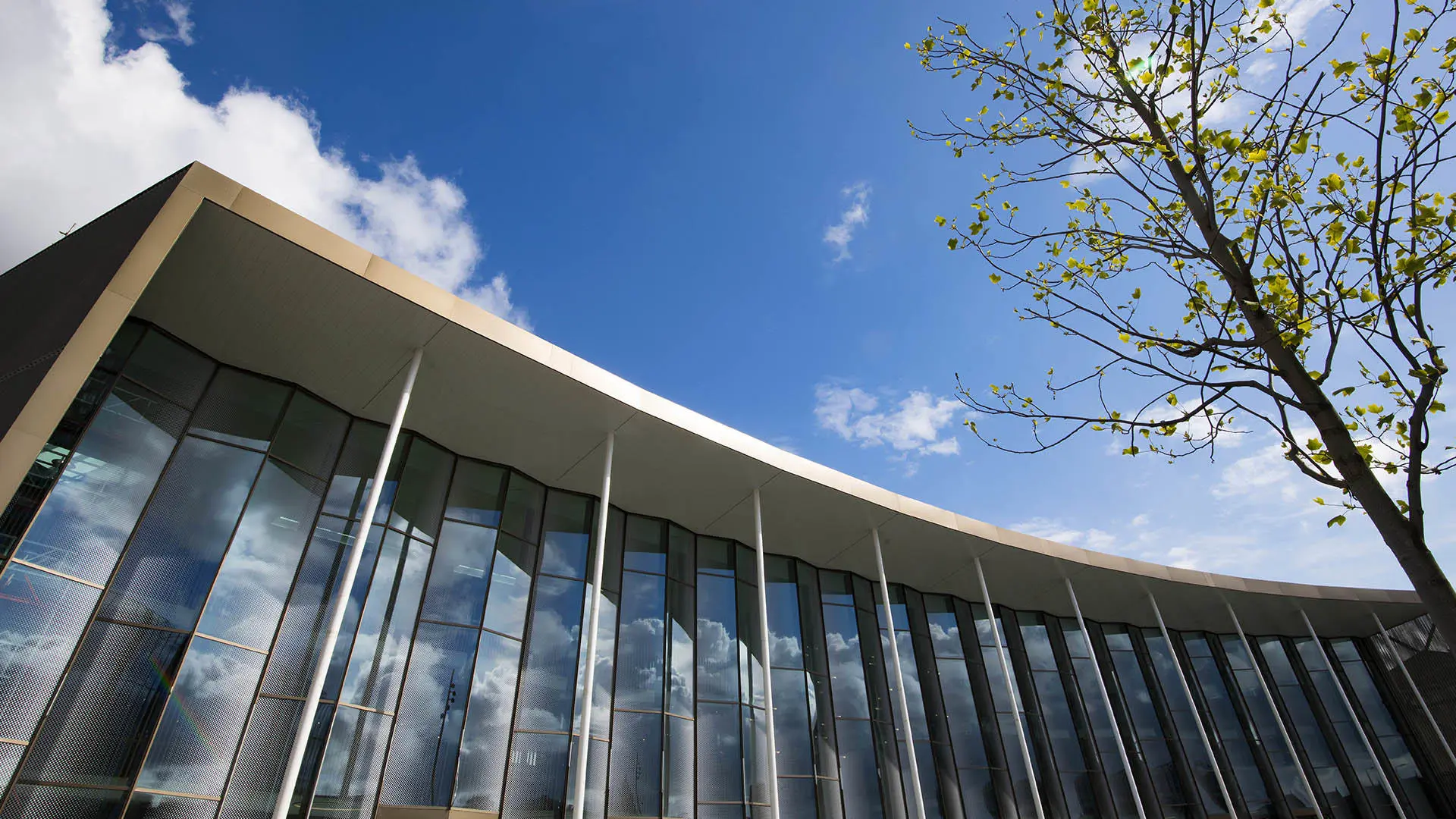UCLan one of institutions involved in award-winning project
A team including satellite communications innovator Goonhilly Earth Station and a consortium of universities and institutes have won a Better Satellite World Award for the Development in Africa with Radio Astronomy (DARA) project.
The University of Central Lancashire (UCLan) is one of several institutions involved in DARA. Led by Professor Melvin Hoare of the University of Leeds with Goonhilly as an industry partner, it uses radio astronomy to develop high-tech and business skills in eight sub-Saharan African countries: Botswana, Ghana, Kenya, Madagascar, Mauritius, Mozambique, Namibia and Zambia.
DARA’s partner organisations train local students in radio astronomy - 140 to date. The goal is to share technical and commercial expertise that inspires the students to boost economic growth by setting up their own businesses and passing on their knowledge and skills to the next generation of students.
UCLan is providing some of the hardware for the project including a radio telescope receiver. It is also providing much of the training of students in Africa and is hosting a PhD student from the continent.
“This is fantastic recognition for our ground-breaking work in Southern Africa. We couldn’t help but be impressed by DARA’s work in bringing together experts in radio astronomy, satellite and space technology to help grow expertise in these fields in Africa. The project’s powerful combination of technology and business acumen is already paying dividends for the students who have undertaken courses. The Better Satellite World award is recognition of the hard work put in by everyone involved,” said Professor Derek Ward-Thompson, Director of the Jeremiah Horrocks Institute at UCLan.
"The Better Satellite World recognizes the important role DARA is playing, for example transferring radio astronomy skills in computing to areas including healthcare, food security and sustainable agriculture."
The hosting of
the Square Kilometre Array radio telescope in South Africa played a key part in Professor Melvin Hoare’s decision to set up DARA. A precursor project, the African VLBI Network, includes the deployment of a network of radio telescopes across the eight countries. The first of these radio telescopes, upcycled from a defunct 32-m telecoms dish, was recently inaugurated in Ghana.
Goonhilly brings proven commercial expertise as well as providing valuable student training. It is also collaborating with Professor Hoare and other UK universities to convert the old 30-m class telecoms dishes into radio telescopes on its own site.
“The benefits of radio astronomy reach beyond the STEM skills that underpin a strong developed economy. DARA aims to instil a research ethos as well as the communication and diagnostic skills that are transferable to many aspects of a developing economy,” said Ian Jones, CEO at Goonhilly. “The Better Satellite World recognizes the important role DARA is playing, for example transferring radio astronomy skills in computing to areas including healthcare, food security and sustainable agriculture.”
From the outset, raising awareness of the commercial opportunities that come from radio astronomy was integral to the programme. One student in Zambia has already gone on to start a consulting firm providing environmental project briefs for large companies using their knowledge of satellite data. Furthermore, the DARA project is also funding students to undergo Masters and PhD studies in the UK.

